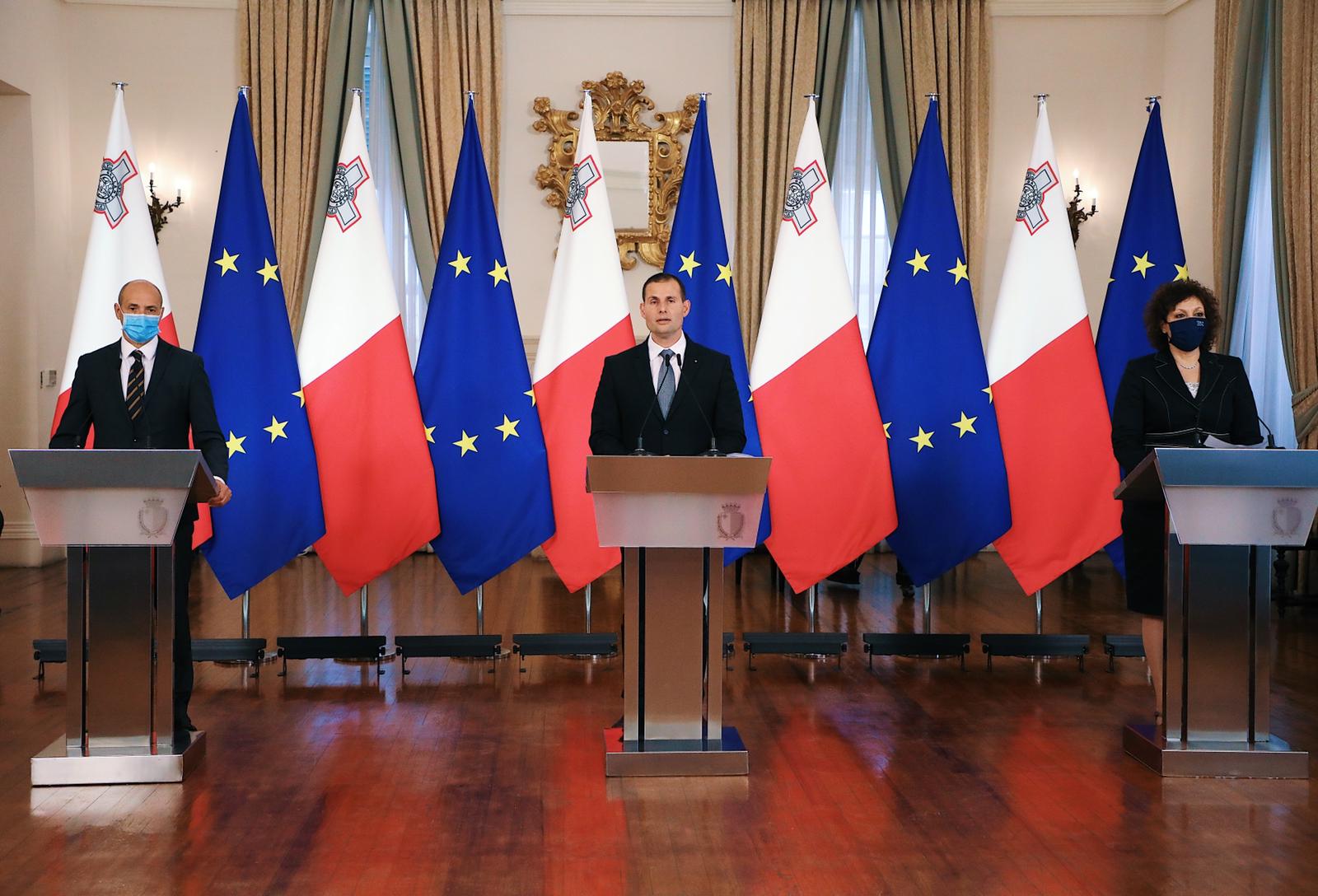Prime Minister Robert Abela announced a series of new COVID restrictions on Wednesday evening, in addition to the measures introduced last Thursday.
As from tomorrow until 11th April, non-essential shops and services, together with gyms and pools, museums, theatres and cinemas must close their doors.
All sports activities are banned.
Restaurants and ancillary services within hotels will only be permitted to provide room service to guests. This is in addition to the banning of in-house dining at restaurants and snack bars announced last Thursday.
Schools will be required to switch to distance learning from Monday, until 11th April.
Weddings and religious activities will also be banned, with Government u-turning from last Thursday’s decision to allow such events, however funerals will be permitted in accordance with current COVID-19 Government protocols.
With regards to weddings, the legal ceremony can take place, but the celebratory event following this is temporarily banned.
Travel to Gozo will be limited to essential reasons or to visit ones property.
Airports and ports are to remain open, with Dr Abela saying that safety measures in place have been assessed to be effective.
All businesses impacted by the latest restrictions will be given the full €800 wage supplement.
Malta has consistently registered upwards of 150 new cases daily since beginning February, with transmissions reaching fever pitch over the past few weeks.
On Wednesday, Malta registered a record number of daily COVID transmissions, at 510 cases. The last record was reached on 5th March at 362 cases.
In his address, Dr Abela said the measures introduced over the past year were introduced in accordance with the situation at the time and advice received from Malta’s health authorities.
“Over the past few days, new challenges emerged in the country. Even in Malta, the COVID variant led to wider transmission. I’ll let the medical experts explain, but, more than 60 per cent of the latest numbers are a result of this [COVID] variant, which has higher transmission rates.
“This happened in a moment where the people are tired after 12 months of restrictions. The arrival of the vaccine has provided hope, and the rate at which we are administering is positive. We are inoculating our most vulnerable, with over 100,000 doses administered.”
He said that since Government assesses the situation on a daily basis, last week new measures were already introduced to respond to increased in transmission. He said that today’s round of measures are being introduced to strengthen Malta’s defences against COVID-19, especially in relation to the new, more contagious variant.
“Faced with new realities, we decided to act immediately without taking any risks during this period.”
Last Thursday, 4th March, Government had announced a raft of new measures to combat the most recent spike. Restaurants and snack bars are only permitted to serve take-out till 11th April, with the closure of bars extended to the same date.
Several business interest groups have called for tougher measures to combat the virus and save any chances of economic recovery in 2021.
Annual STI testing for non-EU massage therapists amounted to ‘slander,’ admit health authorities
Health authorities kept quiet about changes to the legal provisions
KM Malta Airlines announces extra flights and special fares for MEP and local council elections
To qualify for special fares, all travel needs to take place into and out of the same city
European Parliament adopts regulation making it easier for companies to be paid on time
The maximum credit term under the new Late Payment Regulation is to up to 120 days, for some sectors






